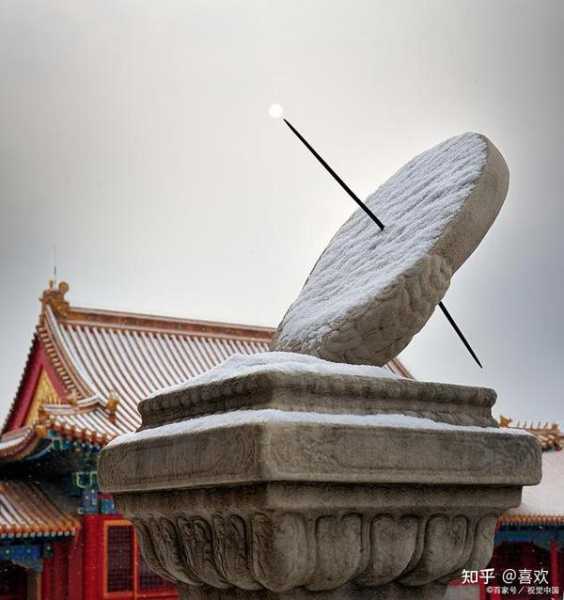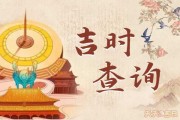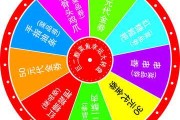本文目录导读:
- Understanding the Concept of "戊午吉时"
- Time Frame of "戊午吉时"
- Cultural and Practical Significance
- Conclusion

In the rich tapestry of Chinese horology, the concept of "戊午吉时" holds a special place as a auspicious moment believed to bring good fortune and harmony. This article delves into the significance of the "戊午吉时," exploring its definition, time frame, and cultural importance.
Understanding the Concept of "戊午吉时"
The term "戊午吉时" is derived from the Chinese zodiac system, which combines the ten heavenly stems (天干) and twelve earthly branches (地支) to form a harmonious cycle. The "戊" represents one of the ten heavenly stems, while the "午" is one of the twelve earthly branches. Together, they form a specific moment in time that is believed to bring prosperity and balance.
In traditional Chinese horology, the "戊午吉时" is considered a auspicious period for various activities, including decision-making, weddings, and business negotiations. It is often associated with harmony and good fortune, making it a favored time for individuals and organizations alike.
Time Frame of "戊午吉时"
The "戊午吉时" corresponds to the time frame of 13:00 to 21:00, which is typically referred to as the "午时" (noon to midnight). This period is often associated with the natural flow of the day, representing the time when the sun is at its highest point in the sky, symbolizing prosperity and abundance.
In the context of the Chinese zodiac, the "戊午吉时" is particularly significant during the month of May (May 13 to June 4). This period is believed to align with the natural balance of the five elements, promoting harmony and stability.
Cultural and Practical Significance
The "戊午吉时" holds deep cultural significance in Chinese traditions. It is often associated with the selection of a wedding day, as the timing is believed to bring good fortune to the couple. Similarly, it is considered a auspicious time for business negotiations, as it is believed to promote ooth transactions and successful negotiations.
In addition to its practical applications, the "戊午吉时" is also a source of inspiration for individuals seeking to navigate life's challenges with balance and harmony. It serves as a reminder of the importance of timing and the impact it can have on one's life.
Conclusion
The "戊午吉时" is a concept deeply rooted in Chinese horology, representing a auspicious moment believed to bring prosperity and harmony. With a time frame of 13:00 to 21:00, typically associated with the month of May, it is a period of great significance in both cultural and practical contexts. By understanding and embracing the "戊午吉时," individuals can navigate life's challenges with balance and harmony, drawing strength from this ancient wisdom.
相关阅读:
2021年三月初一吉时,auspicious Moments in Chinese Astrology
2019年初九吉时解析,auspicious Moments in Chinese Astrology
Why Do You Read Chinese Horoscopes?Why Do You Read Chinese Horoscopes?
初二auspicious timing,2024年的auspicious moments for students and families
新居入伙吉时,auspicious Moments for a New Home
2017元旦吉时,选择 auspicious moments for happiness and prosperity
2023年2月24日吉时,auspicious moments in Chinese culture
20年2月初吉时,auspicious moments in Chinese culture
2019年2号吉时,auspicious moments in Chinese culture and beyond
Choosing the Right Tabletop Color:A Guide to Enhancing Your Home’s Energy
标签: #吉时








